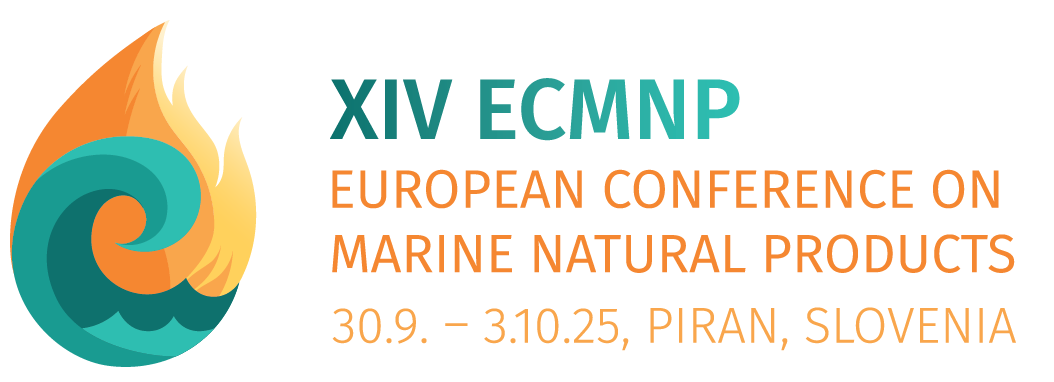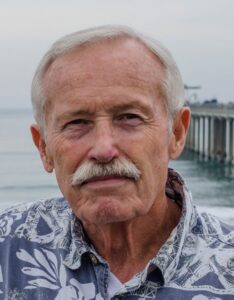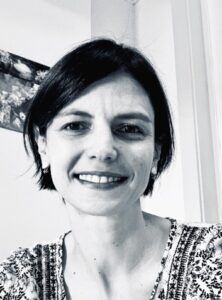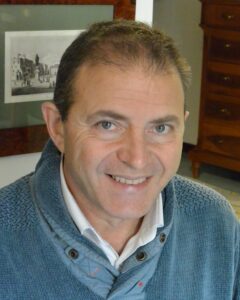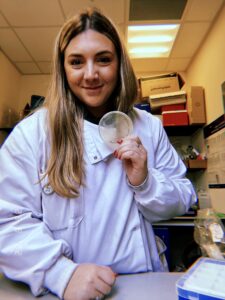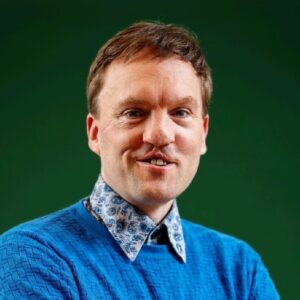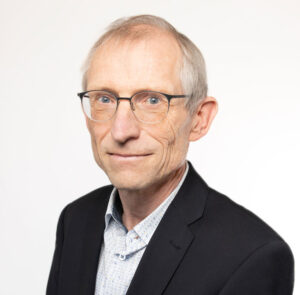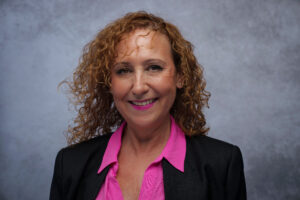The Book of Abstracts for the XIV European Conference on Marine Natural Products is now available online.
Download Book of Abstracts
Piran, the pearl of the Slovenian riviera, takes its name form the Greek word “Pyros”, fire. The legend tells that local sailors would light torches to guide ships to safe haven. Hence, the story of the town is shaped by sea, fire, and “burja”, a furious northeasterly wind that accelerates the crystallisation of its famous salt. The gold of Piran.
ECMNP25 – Thank you for being part of it!
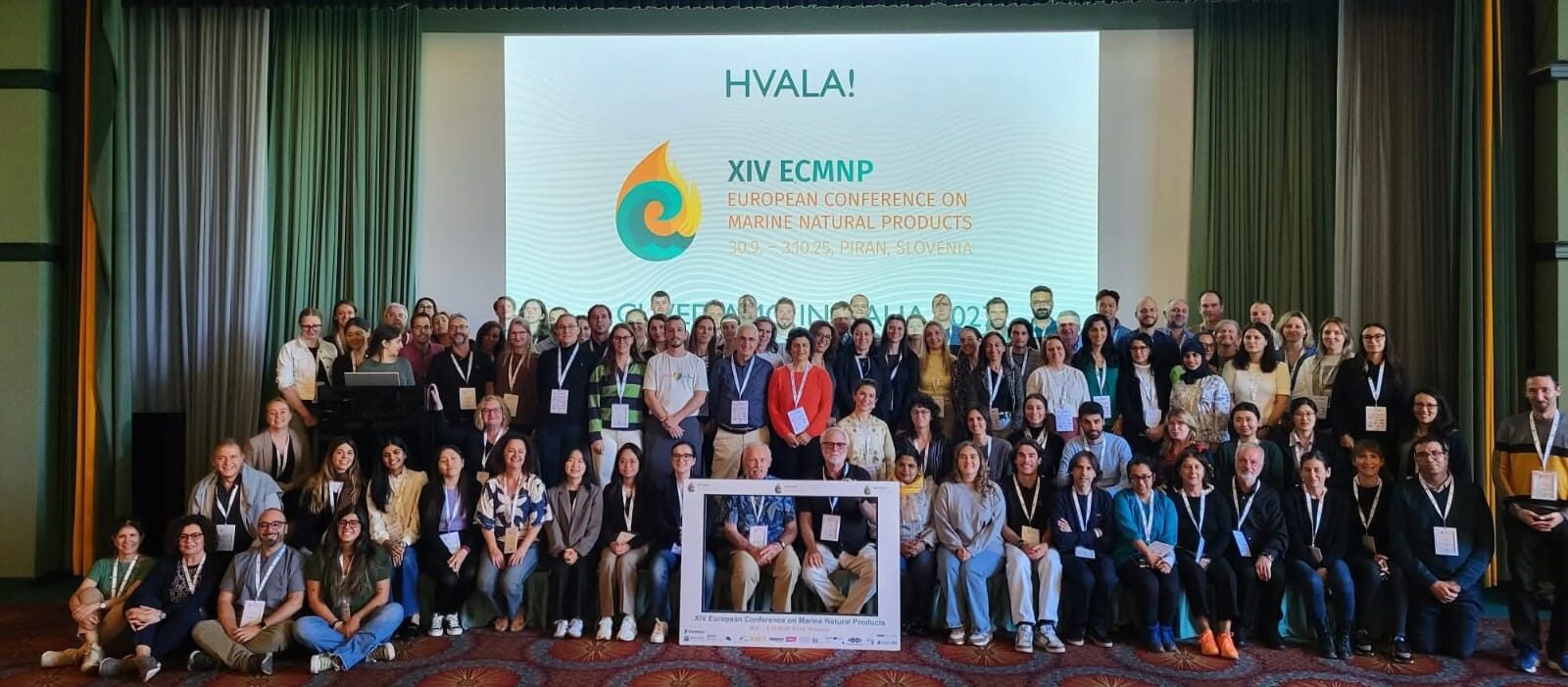
The XIV European Conference on Marine Natural Products has officially concluded, and we would like to extend our heartfelt thanks to everyone who joined us and contributed to the success of this year’s conference.
We were delighted to welcome 151 participants from 29 countries, each bringing valuable insights, exciting research, and a collaborative spirit to the conference. Over four days, we shared the latest developments in marine natural product science through engaging talks, poster sessions, and informal conversations that continued well beyond the conference hall.
ECMNP25 was more than just a scientific meeting — it was also an opportunity to experience a little of Slovenia together. Our excursions to Koper, Izola, and the Škocjanski Zatok Nature Reserve provided time to connect outside the conference setting and enjoy the unique coastal and marine landscapes that inspire much of our work.
And of course, we had some fun too! A big thank you to everyone who took part in the pub quiz night — it was a lively evening filled with friendly competition, teamwork, and plenty of laughter.
To all attendees, speakers, sponsors, and supporters: thank you for being part of ECMNP25. We truly appreciate your participation.
Warm regards,
The ECMNP25 team
Meet XIV ECMNP speakers
Become a sponsor
Become a sponsor of the ECMNP25, where your brand will shine alongside groundbreaking research and innovation. Connect with industry leaders, demonstrate your commitment to sustainability and raise your profile in a dynamic community dedicated to unlocking the potential of our oceans!
Detailed information about sponsorship is provided in this link.
